【新唐人2011年7月8日訊】中國人民銀行7月6號宣佈,將金融機構一年期存貸款基準利率,分別上調0.25個百分點。這也是大陸央行今年內第三度加息。分析人士認為,央行這次加息是為了抑制迅速增強的通脹壓力。但專家指出,失敗的經濟政策和貨幣政策,造成中國通脹「無解」。
大陸央行決定從7月7號起,將一年期金融機構存貸款利率分別提高到3.5%和6.56%。
中國大陸5月份消費價格指數(CPI)同比升高了5.5%。經濟學家普遍相信,即將發佈的6月份價格指數會超過6%以上。
今年初,中國的通脹目標是4%,但總理溫家寶上月承認,這一目標實現不了了。
一些專家認為,中國通過加息打擊通脹“宿敵”, 很難奏效。
資深評論員傑森認為,中共當局利用計算上的技巧掩蓋了真實的通脹,中國實際的通脹要嚴重得多。
傑森:“比如它說CPI只有5.3%,但實際上和百姓最息息相關的食品增長了百分之十幾,還有其他的很多方面,住房的租金增長的也都是百分之十幾、二十。實際上跟老百姓息息相關的絕不止只增長5.3%。”
傑森表示,中共發現增加銀行準備金不能改變通脹的問題,再回過頭來走「升息」這條老路,沒有從根源解決問題。
傑森:“最大的問題是它不斷的擴充印鈔票,增加現金的投入,這是問題的根本所在。所以它的『升息』是暫時的----治標不治本的問題。 ”
美國南卡羅萊納大學艾肯商學院教授謝田則認為,中國通脹「無解」。
謝田:“導致通貨膨脹的原因是腐敗,和因為房地產市場官員的利益、中共階層的利益在裡面。它提高利息或提高準備金利率都不會產生顯著的效果。真正想切斷貨幣的供給,只能想辦法把貨幣收回,完全用市場來運作,讓各銀行的房地產呆帳、壞賬和夾在房市裡的錢,這個信息的曝光。但這樣做的話很可能會導致中共銀行體系立刻癱瘓。”
謝田教授還表示,中國經濟現狀是中共放寬經濟政策的惡果,像十幾億的地方政府債務、扭曲的外匯體制、刺激經濟的四萬億貸款等,結果造成了中國貨幣過多。央行連續8、9次的銀行準備金率失效,也說明瞭沒有經濟槓桿能調節中國經濟。
謝田教授“中國現在貨幣供給過多,這實際上是造成通貨膨脹的直接原因。調息也好,都是小打小鬧,修修補補,實際上我看可能於事無補。”
台灣大學教授經濟學家吳惠林對中國大陸經濟更是悲觀。
吳惠林認為,中國本身的泡沫經濟非常嚴重,再加上人力資源荒、資金荒、中小企業倒閉潮,電力瓶頸,社會的抗議潮造成的不穩定因素,都導致現在國際經濟專家越來越看衰中國經濟。
臺大教授吳惠林:不付出代價安然的度過是不大可能的事情,所以,大家有共識,它們的經濟是要崩潰了。最近,一些國際的專家或者國際的政府媒體,看衰中國經濟的越來越多。
傑森還認為,貸款利率升息還會帶來房貸百姓的壓力,對底層百姓影響更大。
大陸民眾:“工薪階層傾向於存錢,他們本身收入不是特別高,而且還要買房子、還有教育、醫療。負擔壓在身上,所以他不得不存錢。”
謝田教授說,中國的通脹「無解」,這是「經濟政策惡果」導致中國老百姓必須承擔的。
新唐人記者梁欣、宋風、肖顔採訪報導
Interest Increase to Fight Inflation
The People』s Bank of China announced on July 6 to raise
its one-year benchmark interest rates on deposits and loans
by 0.25 percentage point.
This is the 3rd interest hike by China』s central bank this year.
Analysts say this is to reduce ever-rising inflation pressure.
Experts believe China』s inflation caused by failing economic
and monetary policies has no solution.
China』s central bank decided to raise, on July 7,
the one-year benchmark interest rates on deposits and loans
to 3.5% and 6.56% respectively.
China』s CPI rose in May by 5.5% compared to one year ago.
Economists believe that the CPI will increased
by more than 6% in June.
In early 2011, China set CPI limit to 4%.
However, Premier Wen Jiabao admitted in June that
this goal could not be realized.
Some experts believe that it will be futile for China
to combat inflation, a “nemesis” to China, by interest increases.
Economist Jie Sen believes that the Chinese regime
(Chinese Communist Party /CCP) uses statistical tactics
to cover up the real inflation.
Otherwise, China』s inflation would have been much worse.
Jie Sen: “For example, it claimed the CPI to be 5.3%,
but people actually could feel the increase in many aspects,
e.g., the price increase of foods, house rentals and others
to be at least 10 to 20%.
The consumer goods』 price increase should be way above 5.3%.”
Jie Sen said, the CCP discovered that raising deposit reserves
could not change inflation, so it went back to the conventional
way of interest increase, without tackling the root cause.
Jie Sen: “The biggest problem actually lies in the unceasing
printing of bills, which increases the market liquidity.
So, its interest increase did not really hit the real target.”
Prof. Xie Tian at University of South Carolina said that
there is no solution to China』s inflation problem.
Xie Tian: “Corruption is also contributing to the inflation,
because the CCP and corrupt officials』 benefits are tied to it.
Raising the interest rates or increasing reserves doesn』t work.
The only way is to cut the currency supply, soak up liquidity,
allow the market to freely regulate itself
and expose the non-performing loans in Chinese banks.
However, doing this may lead to the immediate collapse
of the CCP』s banking system.”
Prof. Xie said that the current situation of Chinese economy
is a bad consequence of the CCP』s financial policies,
e.g., over RMB10 billion debts from the local governments,
twisted foreign currency system, RMB4 trill. stimulus loans,
which all cause too high liquidity on the Chinese market.
The Central bank failed 8-9 times after raising the reserves,
which signified no economic leverage is effective in China.
Professor Xie: “The direct reason for the inflation in China
is that too much currency is in circulation.
Interest increase or reserve increase is only a tiny patch,
which will not solve the real inflation problem of China.”
Wu Hui-lin, professor of economics at Taiwan University
is pessimistic about the economy of Mainland China too.
Professor Wu believes that besides severe financial bubbles,
other factors like manpower and capital shortages,
bankruptcy of small and medium-sized enterprises,
and electricity』s bottleneck all contribute to China』s unrests.
Overseas economists are increasingly pessimistic about
the Chinese economy.
Professor Wu: “Without a huge expense,
it is impossible for China』s economy to take a soft landing.
It is a consensus that it is heading towards collapse.
Recently, more overseas experts and media
had negative predictions about China』s economy.”
Jie Sen said, the increase interest rate will also
increase the pressure on the people with mortgages,
negatively impacting the livelihood of ordinary folks.
A Chinese citizen: “The working class tends to save money.
Since our salaries are not very high, the pressure on us
is high after paying for housing, education and health care.”
Professor Xie said, the inflation in China is insolvable,
as it is a “bad consequence of China』s economic policies”,
which is transferred to the common Chinese to bear.
NTD reporters Liang Xin, Song Feng and Xiao Yan
看下一集

【禁聞】兒推特喚母:放我媽回家吃飯
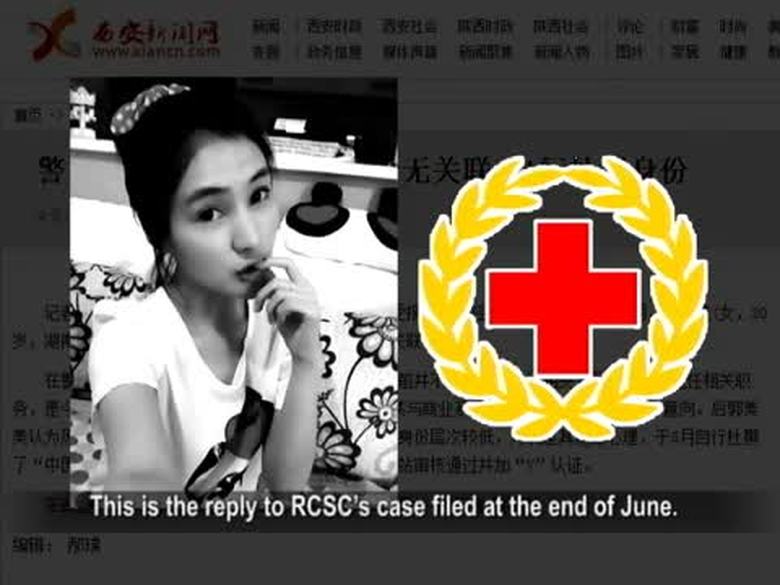
【禁聞】郭美美炫富 官辦慈善機構失信於民
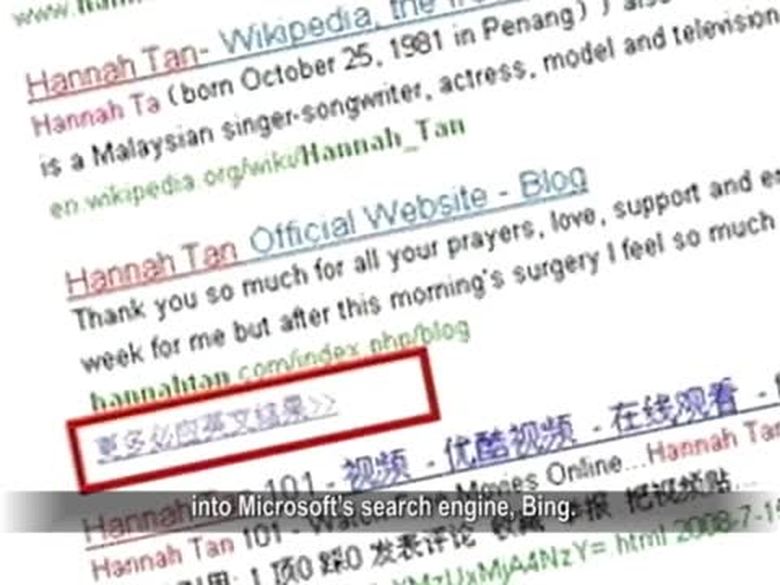
【禁聞】百度微軟合作 網友抵制
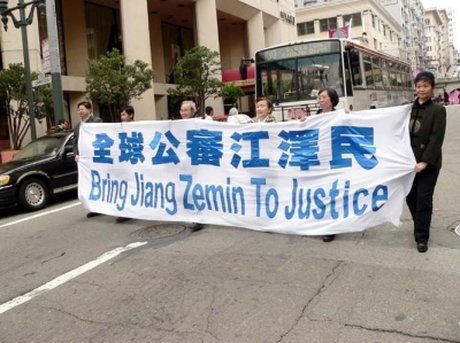
【禁聞】江澤民生死成謎 牽動政局民盼審判
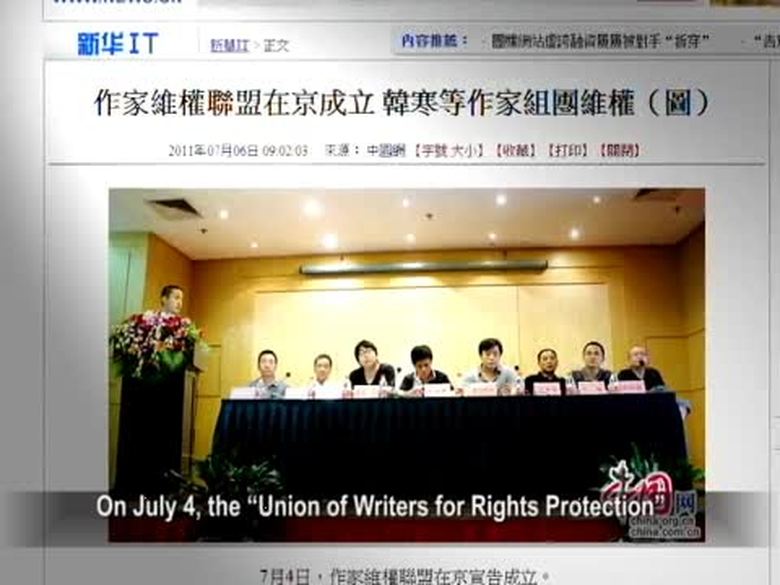
【禁聞】韓寒領銜大陸作家 再起維權風雲
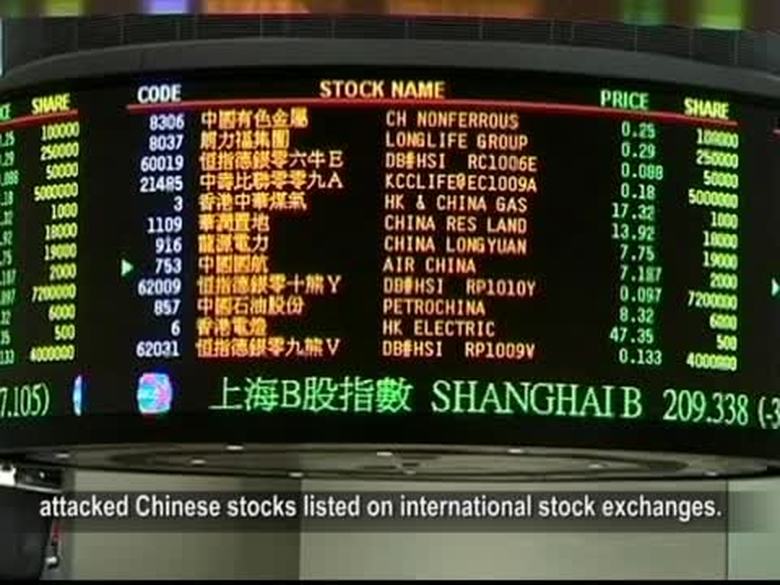
【禁聞】查在美上市中國公司 美證交會受阻

【禁聞】“憐中華” 瑞典留學生被驅逐出境
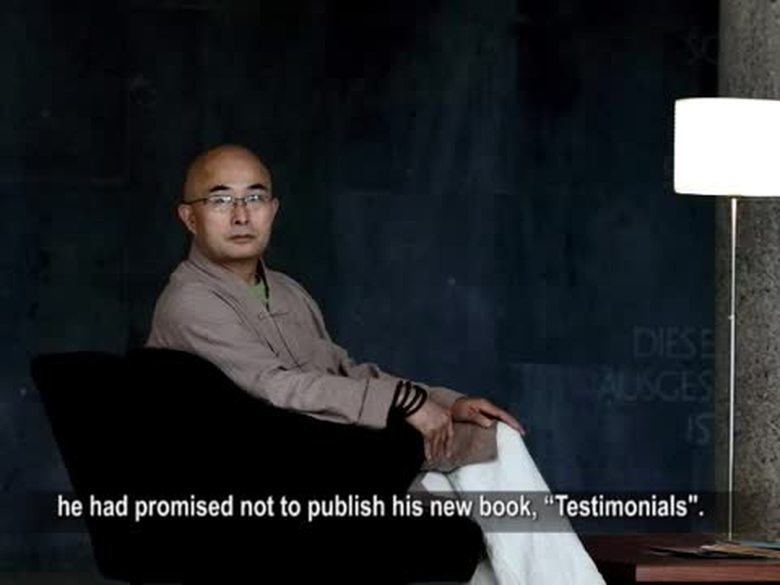
【禁聞】廖亦武抵德國 新書即將出版
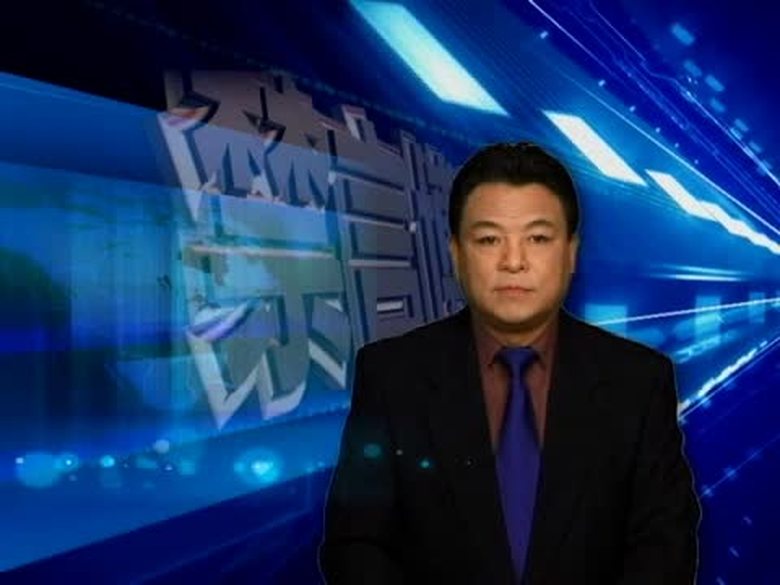
【禁言博客】毛左---我為你悲哀!
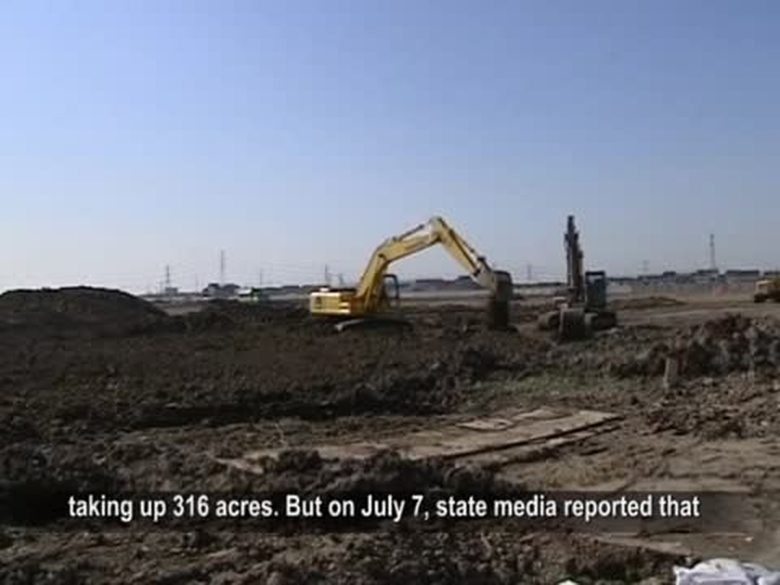
【禁聞】紅色公園夭折 傳與江澤民死訊有關
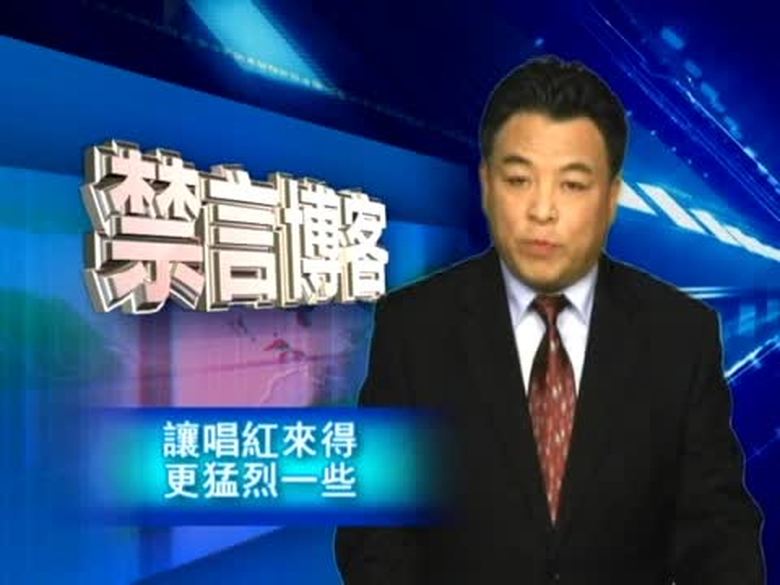
【禁言博客】誰導演了中國公司在美造假醜劇
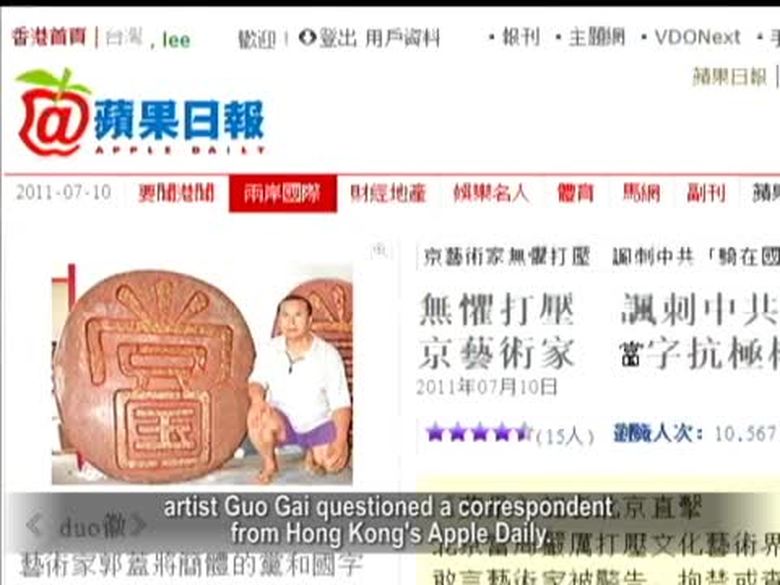
【禁聞】黨騎在國家頭上拉屎 郭蓋造新字
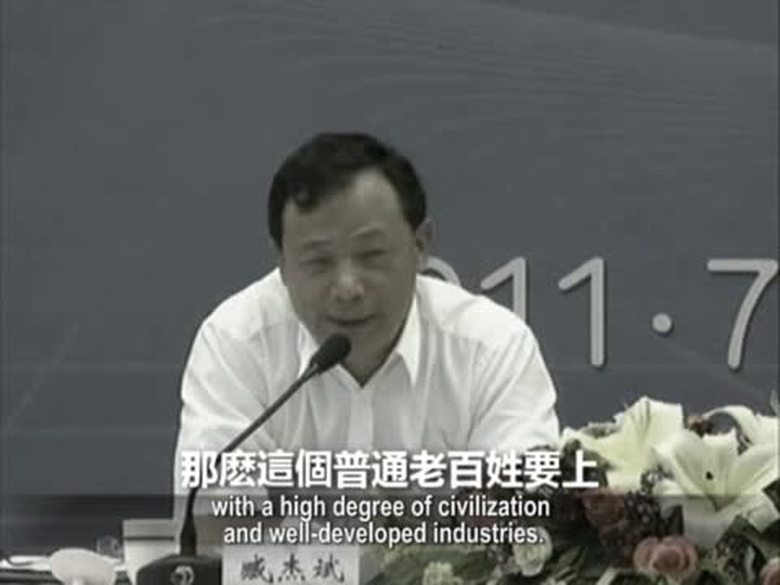
【禁聞】貶德國上網難 廈門副市長惹非議
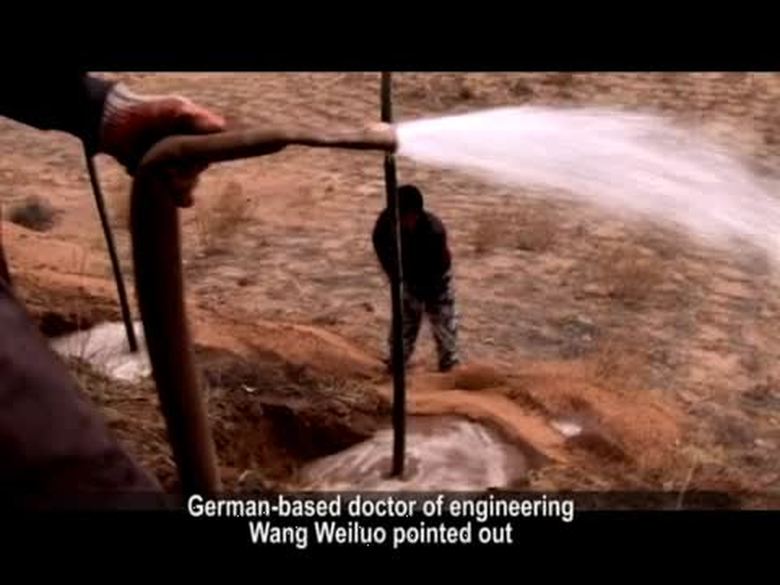
【禁聞】廢棄水庫無人管 旱澇問題更嚴重

【禁聞】城市化矛盾突出 衍生「砍手黨村」
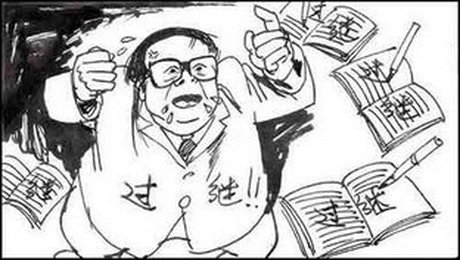
【禁聞】江澤民劣跡揭底之一:二奸二假








